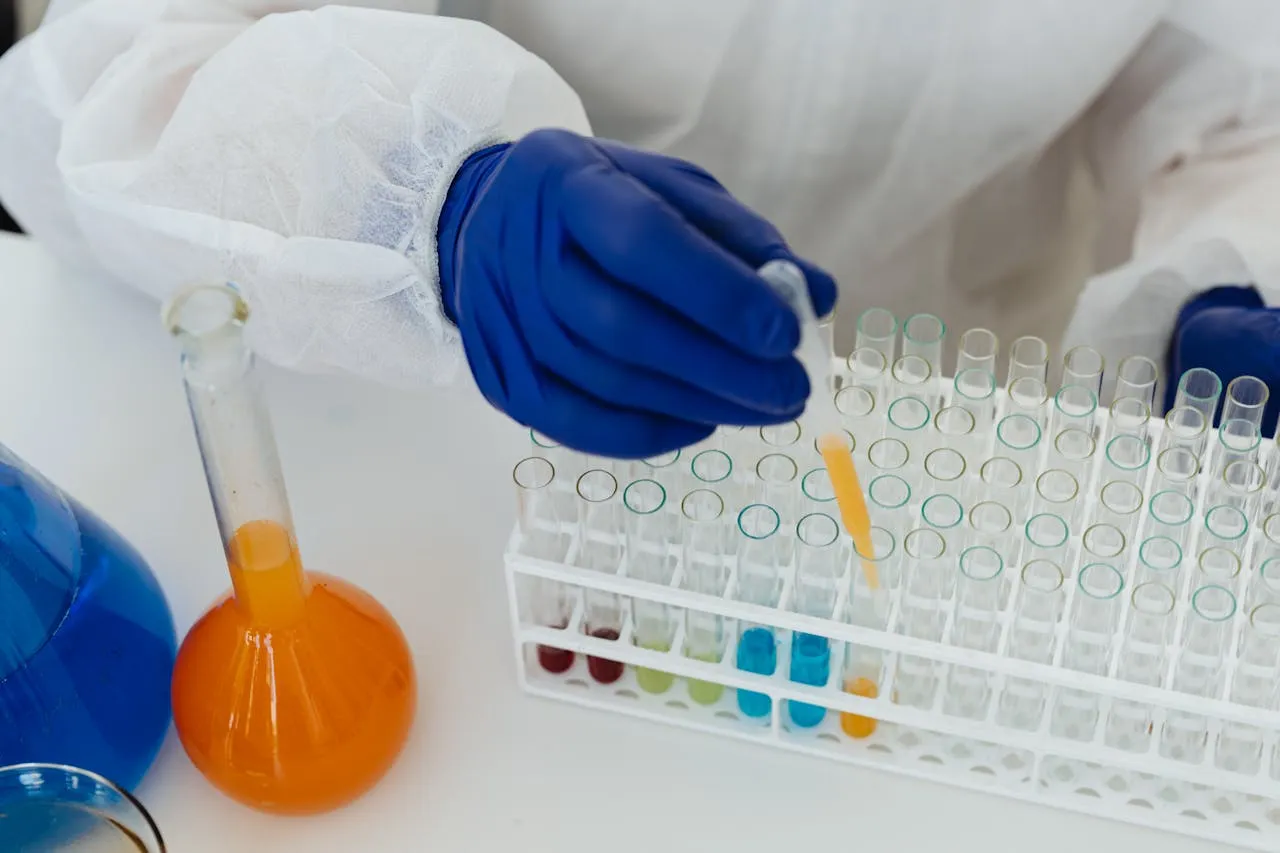Synthetic biology is an emerging field at the intersection of biology, engineering, and computer science, which aims to design and construct new biological parts, devices, and systems. By combining principles from these disciplines, synthetic biology is not only expanding our understanding of life’s fundamental processes but also paving the way for innovative solutions to some of the world's most pressing challenges, including sustainability, healthcare, and environmental management.
At its core, synthetic biology involves the creation of new biological entities or the redesign of existing biological systems with enhanced or novel functions. One of the most well-known applications is the engineering of microorganisms to produce valuable substances. For instance, yeast and bacteria have been genetically modified to produce biofuels, pharmaceuticals, and even specialty chemicals. These engineered organisms can convert renewable resources into high-value products, reducing reliance on fossil fuels and minimizing environmental impact.
A notable example of synthetic biology in action is the development of synthetic insulin. Historically, insulin was extracted from animal pancreases, a process that was both costly and inefficient. Today, synthetic biology enables the production of human insulin using genetically modified bacteria. This approach not only increases the supply of insulin but also reduces costs, making it more accessible to diabetic patients worldwide.
Synthetic biology is also making strides in environmental sustainability. Engineers are developing microorganisms capable of breaking down pollutants and recycling waste materials. For example, researchers have engineered bacteria to degrade plastic waste, addressing a critical environmental issue. By converting plastic into useful compounds or completely breaking it down, these engineered organisms offer a potential solution to the growing problem of plastic pollution.
In agriculture, synthetic biology holds promise for improving crop resilience and productivity. Scientists are working on creating genetically modified crops that can withstand extreme weather conditions, resist pests, and use water more efficiently. For instance, synthetic biology techniques have been employed to enhance the nitrogen-fixing abilities of plants, reducing the need for synthetic fertilizers and minimizing their environmental impact. Such advancements can contribute to more sustainable farming practices and food security.
Another exciting application of synthetic biology is in the field of regenerative medicine. Researchers are exploring ways to create synthetic tissues and organs for transplantation. By engineering cells to form functional tissue structures, synthetic biology could address the shortage of organ donors and provide solutions for a range of medical conditions. This approach not only has the potential to revolutionize organ transplantation but also to advance our understanding of human biology and disease.
However, the rapid advancement of synthetic biology also raises ethical and safety concerns. The ability to engineer life forms comes with the responsibility to ensure that these technologies are used responsibly and safely. Issues such as potential ecological impacts, biosecurity risks, and ethical considerations related to the creation of new life forms must be carefully addressed. Regulatory frameworks and guidelines are crucial to overseeing the development and application of synthetic biology technologies.
In conclusion, synthetic biology represents a frontier of innovation with the potential to address many of the challenges facing our world. From producing sustainable biofuels and pharmaceuticals to advancing environmental and agricultural solutions, synthetic biology offers transformative possibilities. As research and development in this field continue to progress, it is essential to balance innovation with ethical considerations and safety measures. By doing so, synthetic biology can pave the way for a more sustainable and resilient future.





















